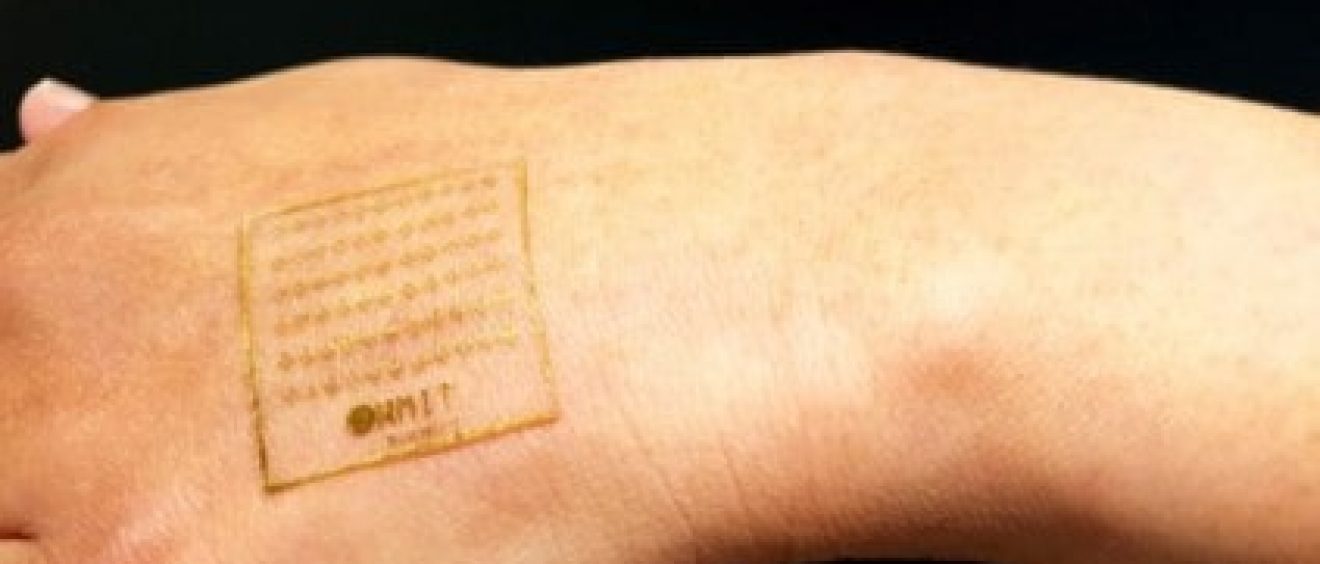
New Electronic Skin Can React to Pain Like Human Skin
Researchers have developed electronic artificial skin that reacts to pain just like real skin
opening the way to better prosthetic s, smarter robotics, and non-invasive alternatives to skin grafts. The prototype device developed by a team at RMIT University in Australia can electronically replicate the way human skin senses pain.
The device mimics the body’s near-instant feedback response and can react to painful sensations with the same lightning speed that nerve signals travel to the brain.
Lead researcher Professor Madhu Bhaskaran said the pain-sensing prototype was a significant advance toward next-generation biomedical technologies and intelligent robotics. “Skin is our body’s largest sensory organ, with complex features designed to send rapid-fire warning signals when anything hurts,” Bhaskaran said. “We’re sensing things all the time through the skin, but our pain response only kicks in at a certain point, like when we touch something too hot or too sharp.
No electronic technologies have been able to realistically mimic that very human feeling of pain until now. Our artificial skin reacts instantly when pressure, heat or cold
reach a painful threshold. It’s a critical step forward in the future development
of the sophisticated feedback systems that we need to deliver truly smart prosthetic s and intelligent robotics.”
The new research, published in Advanced Intelligent Systems and filed as a provisional patent, combines three technologies previously pioneered and patented by the team:
- Stretchable electronics: Combining oxide materials with bio compatible silicone to deliver transparent,unbreakable, and wearable electronics as thin as a sticker.
- Temperature-reactive coatings: Self-modifying coatings 1,000 times thinner than a human hair basedon a material that transforms in response to heat.
- Brain-mimicking memory: Electronic memory cells that imitate the way the brain uses long-termmemory to recall and retain previous information.
Source : smt007-oct2020
